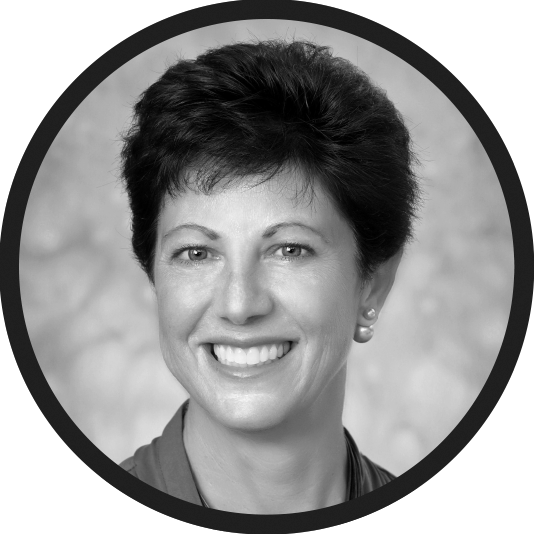You have held leadership roles in companies ranging in size from startup to Fortune 100. Tell me how your career has led to investing, and what made you want to get involved with Caduceus Capital Partners in particular?
Even when I worked at larger companies, I was always drawn to the innovative, entrepreneurial side of the business whether it was new products, new markets, strategy or M&A. I’ve been active in the early stage community as an investor, board member and mentor to founders for the last few years. Early stage investing allows me to draw on my experiences while fueling my passion for innovation. The decision to join Caduceus was easy – I can’t think of a more exciting area for investment than digital health, I like the people and I know I can add value.
As an active member of the business and philanthropic community in Cleveland, what makes this city unique and what potential does it hold to shape the future of healthcare?
Cleveland is uniquely positioned to be a leader in health innovation. It is home to Cleveland Clinic, University Hospitals and Metrohealth health systems as well as Case Western Reserve University and Cleveland State University. These great institutions along with many others including the corporate, civic, investment and philanthropic communities are collaborating in unprecedented ways to make the region a leader in technology-led growth and inclusion.
What’s the best piece of advice you’ve ever received?
“Pick your rabbit.” My rowing coach told the story of a hungry fox coming across a group of rabbits. The moral of the story was that if the fox went after all the rabbits they would catch none but if they picked their rabbit they were more likely to be successful in their hunt. Especially in an early stage company where there are so many opportunities and challenges, it’ so important to have focus while at the same time retaining flexibility to be responsive to customer or market opportunities.
What have you learned from your mentors over the years and how has it helped you to achieve success in your endeavors?
My mentors taught me the importance of surrounding myself with the right people, open and honest communication and learning from my mistakes. The right people have integrity, elevate your game and aren’t afraid to give you a bit of tough love. I was fortunate to have mentors that pushed me into roles outside of my comfort zone early in my career and allowed me to stumble, using mistakes as learning opportunities rather than playing gotcha games. As my career progressed, those early experiences helped me hire well, build a culture of transparency and take calculated business risks.
For those who are interested in becoming entrepreneurs, what are the three most important things they should consider before launching a company?
I think founders need to honestly evaluate the market need for their product or service, think about who they can enlist to help them, and buckle in for a roller coaster ride. Founding a company is not for the faint of heart as the road is generally longer than imagined and has obstacles and bumps. Finding employees, investors and advisors that will contribute strategically, open doors, and help the founder stay focused and resilient will increase the likelihood of success.
What is the problem you most want to solve in healthcare?
That’s a really tough question because there are so many opportunities in healthcare to improve access and outcomes, lower costs and improve the patient and provider experience. The current system is too expensive, fragmented, and complex. The events of 2020 spurred innovation and rapid adoption of new technologies, care delivery methods and financial models.
What is your favorite cause or nonprofit to support and how do you get involved?
I have been a member of the board of College Now Greater Cleveland since 2003. College Now makes higher education possible for students from very low-income families through advising, financial assistance and retention services including mentoring. As a first-generation college student myself, I am passionate about equitable access to higher education and see it as being key to inclusive prosperity. College Now contributes to individual student success, breaks the cycle of poverty and provides an educated diverse workforce for employers in our region.
Your bio says you are an “avid sweeps rower and sculler.” How did you get into the sport and what do you love about it?
I started sweeps rowing in four and eight-person team boats maybe eight years ago. Last year when team sports were not allowed due to Covid, I learned to scull (row a single person boat). Sculling was the perfect 2020 activity – being alone in a 25-foot boat provided plenty of distance, fresh air, exercise and a sense of accomplishment. I purchased a new boat this year and named it “IMUA” which is a Hawaiian mantra or battle cry meaning “Go Forward with Strength, Courage and Purpose”
If someone is looking to invest in a venture capital fund, what advice would you give them?
I think the decision criteria for investing in a fund are similar to those for investing in a portfolio company. Look at the market and the team. Is the market large, growing and ripe for disruption? Does the team have the passion, expertise and connections to pull it off? Great teams focused on the right opportunities will produce great results.

